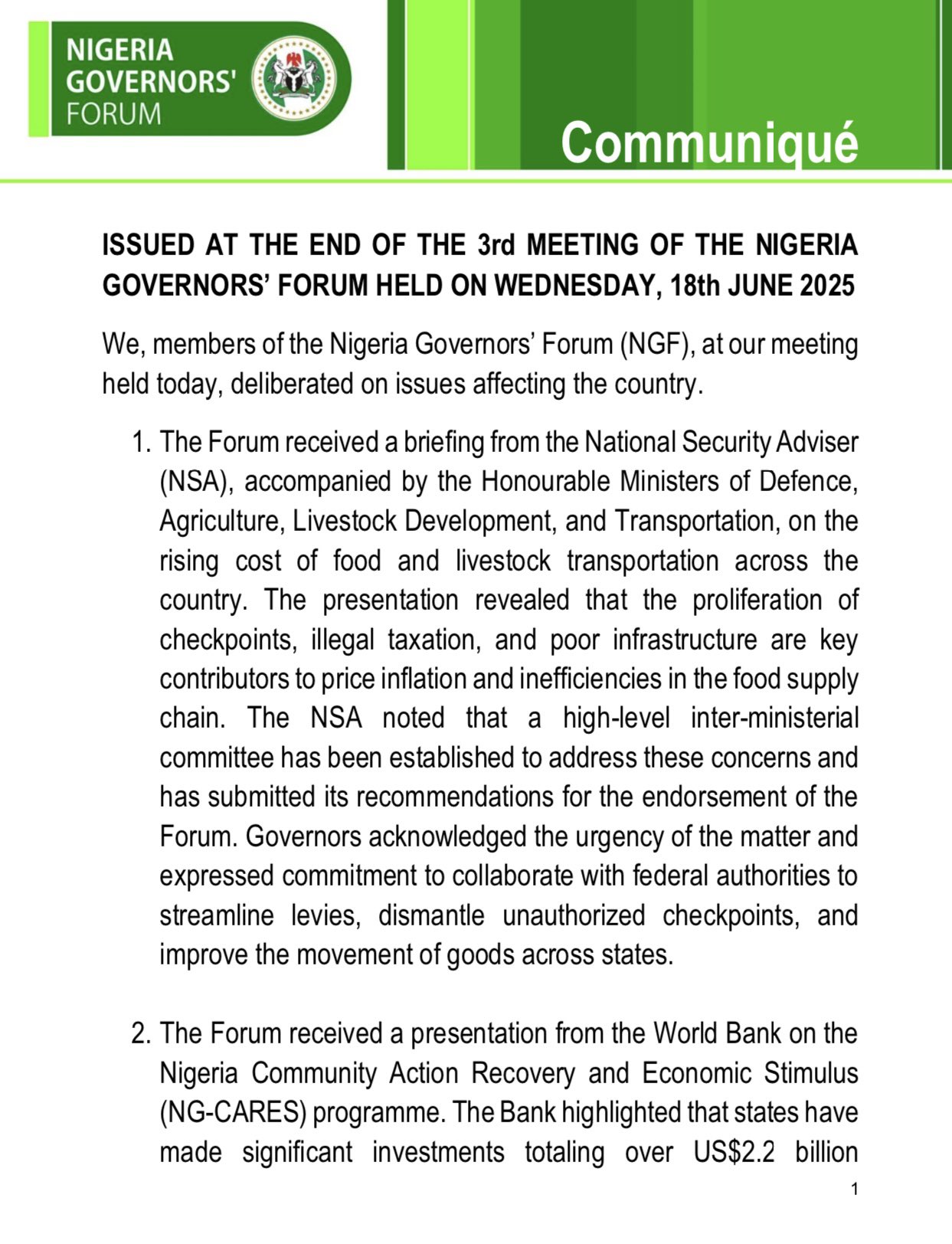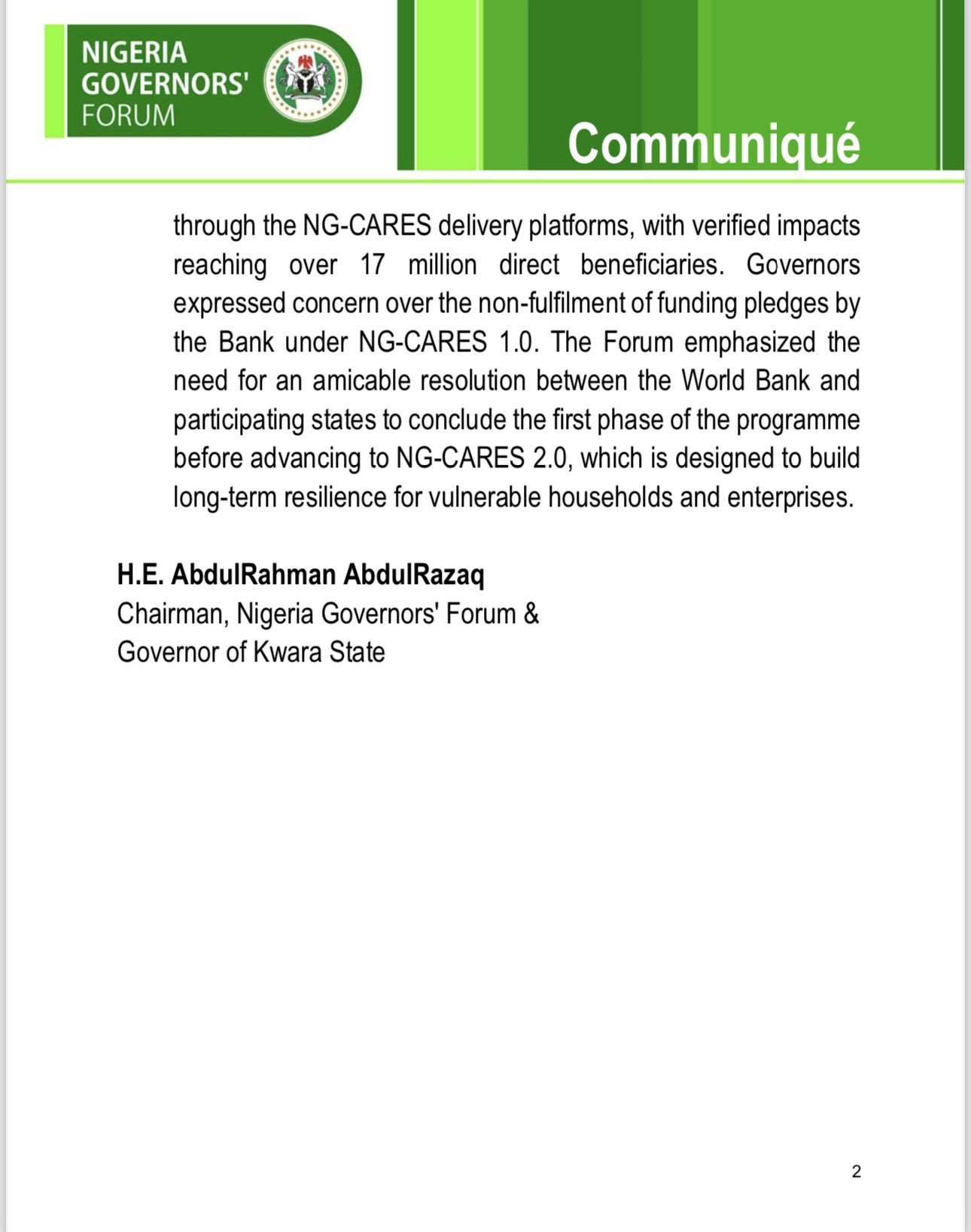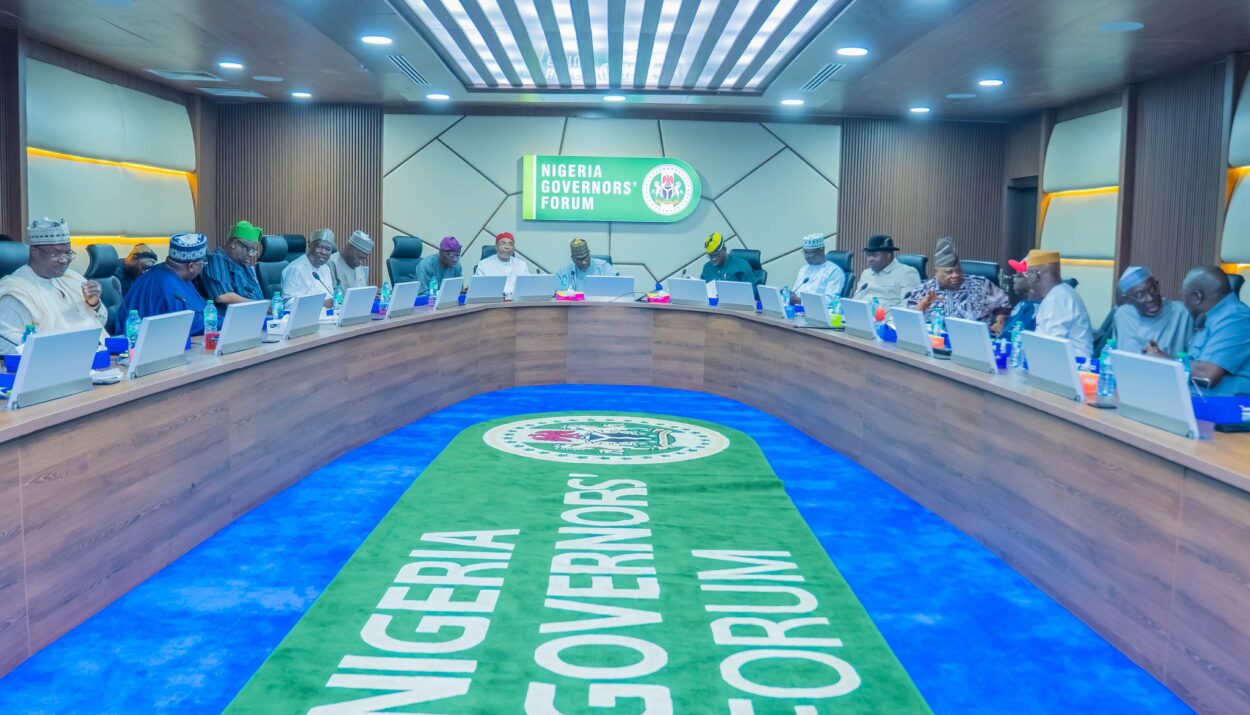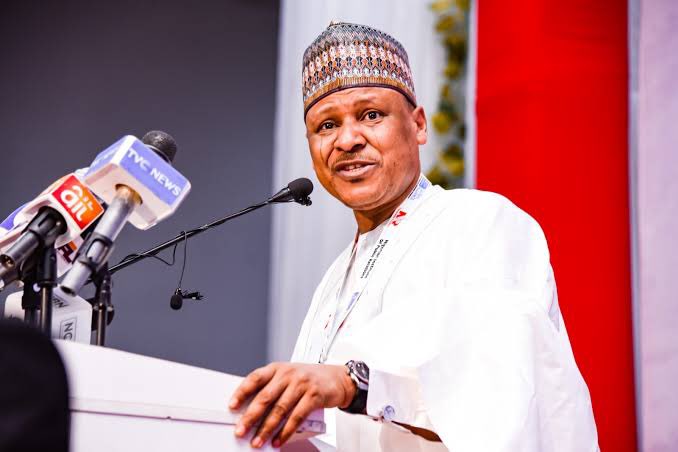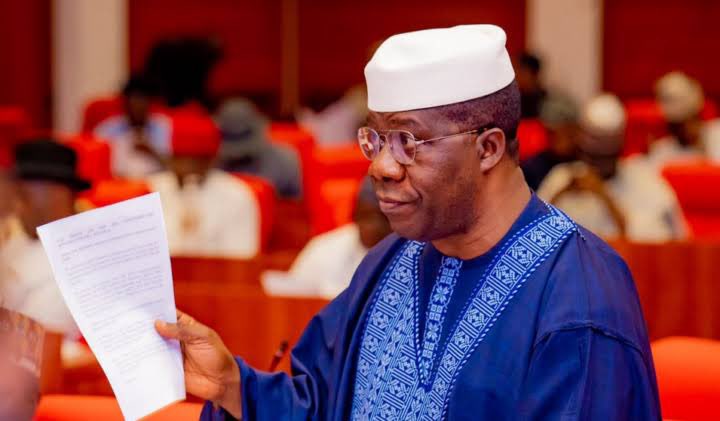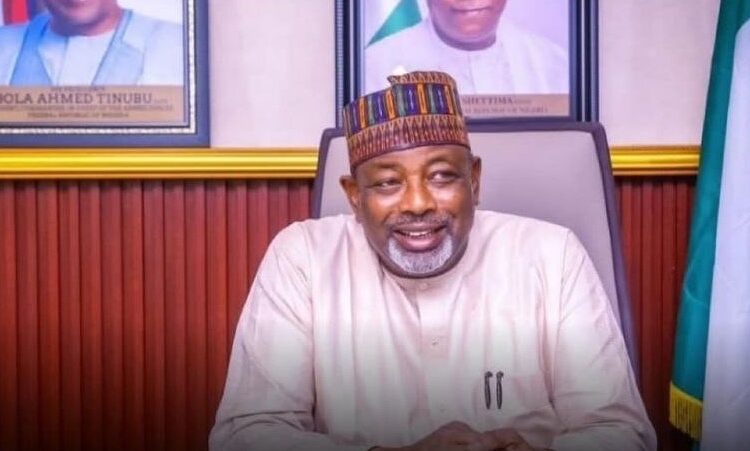…..Urge Collaboration to Dismantle Unauthorized Checkpoints
The Nigeria Governors’ Forum (NGF) has expressed deep concern over rising food and livestock transportation costs, citing unauthorized checkpoints, illegal taxation, and dilapidated infrastructure as major contributing factors.
This was contained in a communiqué issued at the end of the 3rd meeting of the Forum, held on Wednesday, June 18, 2025, in Abuja. The meeting, chaired by Kwara State Governor and NGF Chairman, H.E. AbdulRahman AbdulRazaq, brought together governors from across the country to deliberate on urgent national issues.
The governors received a comprehensive briefing from the National Security Adviser (NSA), who was accompanied by the Ministers of Defence, Agriculture, Livestock Development, and Transportation. The NSA revealed that the proliferation of illegal checkpoints and poor road conditions are causing significant disruptions in the food supply chain, leading to inflation and inefficiencies.
In response, the NSA announced the establishment of a high-level inter-ministerial committee that has already submitted its recommendations for endorsement by the Forum. The governors, acknowledging the urgency of the situation, pledged to work closely with federal authorities to streamline levies, dismantle unauthorized checkpoints, and enhance the free movement of goods across states.
Additionally, the Forum received a presentation from the World Bank on the Nigeria Community Action Recovery and Economic Stimulus (NG-CARES) programme. According to the presentation, states have invested over US$2.2 billion in the programme through various delivery platforms, directly benefiting more than 17 million Nigerians.
However, the governors voiced concerns over the World Bank’s failure to fulfill certain funding pledges under NG-CARES 1.0. They called for a swift and amicable resolution between the Bank and participating states to wrap up the first phase of the programme and move ahead with NG-CARES 2.0, which is aimed at building long-term resilience for vulnerable households and enterprises.
The NGF reiterated its commitment to supporting initiatives that enhance national food security, reduce poverty, and promote economic development.
